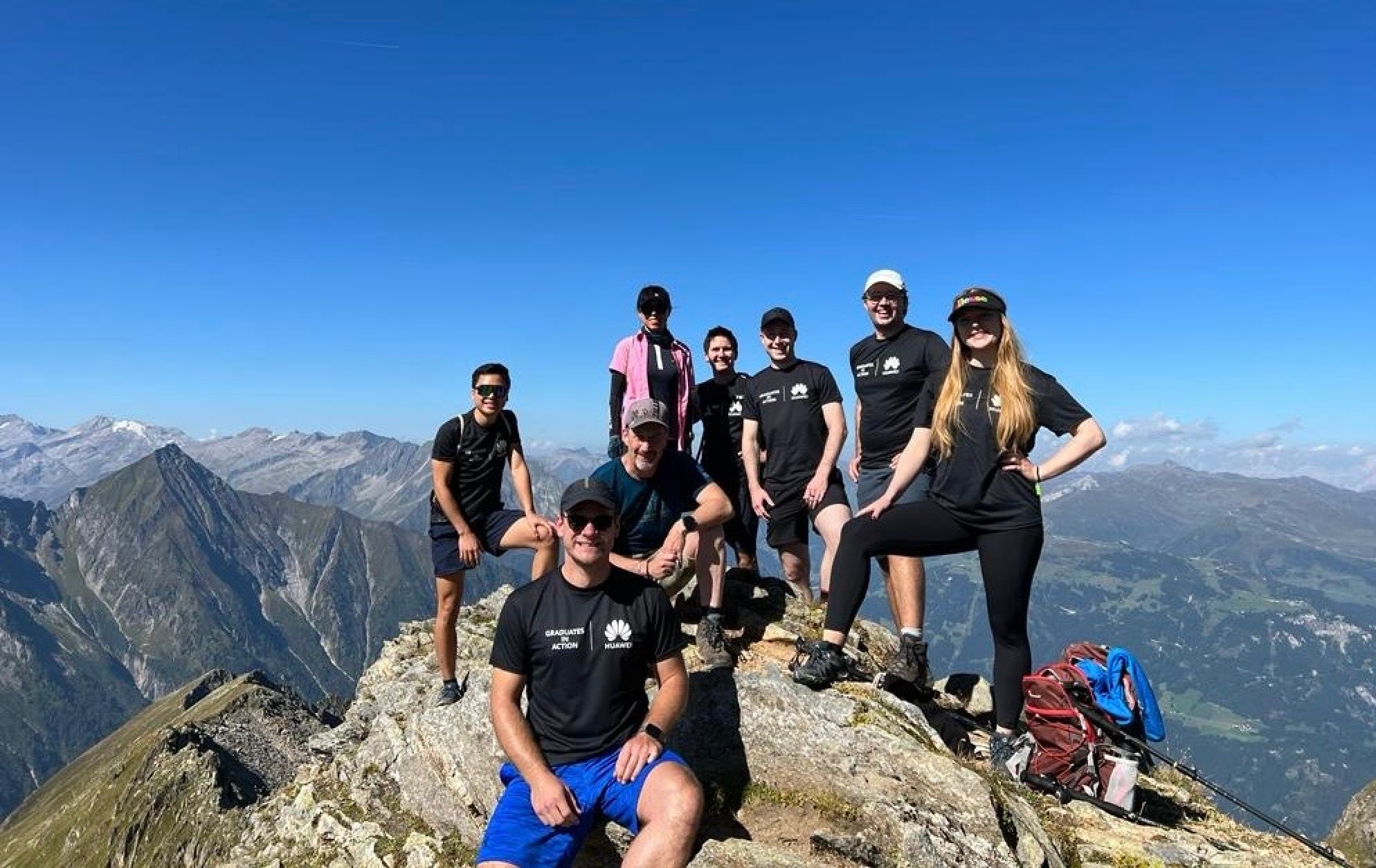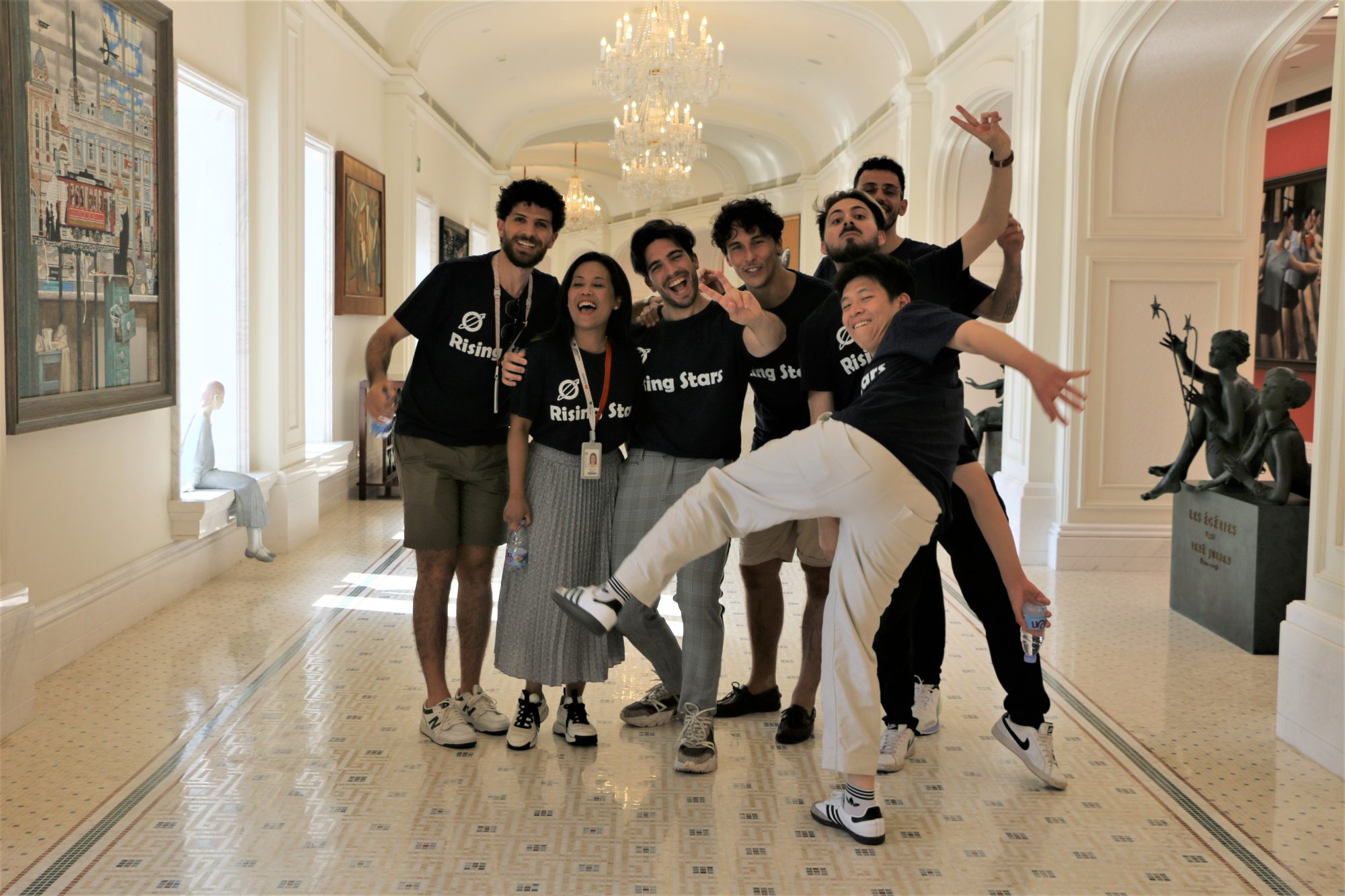
How Huawei Technologies empowers staff to upskill and take control of their career development
- Steady widespread increase in digitalisation, use of AI, and remote-working practices means businesses must evaluate their strategies for talent growth and employee retention
- Leading global provider of information and communications technology encourages lifelong learning and development of its workers at offices around the world
Regardless of market conditions, technology is ever evolving with groundbreaking innovations rapidly emerging. While exciting, this means that employees must constantly upskill and train to adapt to these changing trends.
By 2030, there are likely to be 92 million digital jobs worldwide – up from 73 million today – the World Economic Forum (WEF) predicted in last January’s White Paper, “The Rise of Global Digital Jobs”.
Alongside this, digitalisation and the increasing adoption of artificial intelligence (AI) technology – computer systems that can copy intelligent human behaviour – have emerged as key trends shaping the future of work, too.
Generative AI, a type of AI focused on creative output and content generation, which uses machine-learning models to produce new data such as conversations, stories, images, videos and music, has expanded the scope for automation across a number of industries, leading to existing job scopes being updated or redefined. Most affected are low-level functions, which tend to comprise mechanical and routine tasks.
From an employee’s perspective, both of these trends highlight one key takeaway: skills are becoming more important than ever before. To enjoy the convenience of remote working, aspiring candidates must face competition from a global talent pool.
Yet to ensure job security, employees must keep up with technological developments and learn how to use tools such as AI to their advantage.
“The risk isn’t people losing their jobs to AI,” said Hadi Partovi, founder of Code.org – a not-for-profit organisation and educational website specialising in computer science, aimed at children aged from five to 16 – at a WEF event. “It’s [people] losing their job to somebody else who knows how to use AI.”
With this in mind, it is becoming increasingly important for companies such as Huawei Technologies to evaluate their strategies for talent growth and employee retention. In the future, employees are likely to place greater emphasis on ideas such as skills development and lifelong learning, and companies must accommodate such needs to ensure a healthy and committed workforce.
Human resources development has been a key focus over the years at the conglomerate, a leading Chinese global provider of information and communications technology (ICT), which has offices throughout the world. Its employees are recognised not only for their expertise and professionalism, but also for often going the extra mile – sometimes in a literal sense – to get the job done.
A group of Huawei employees, based in Eastern Europe, once braved freezing temperatures for 10 hours while carrying telecommunications equipment to the top of a snowy mountain ridge after the base station of one of the company’s customers went offline following heavy snowfall.

The company was certified by human resources services company Top Employers Institute as a “Top Employer in Europe” for its excellence in employee conditions for 2024.
The institute’s annual Top Employer list is compiled following a rigorous independently audited and verified analysis of each of the participating businesses’ human resources practices, covering areas including a company’s work environment, talent acquisition, learning and well-being.
Since 1991, the programme has certified over 2,300 organisations in 121 countries or regions, which employ about 12 million staff collectively around the world.
This year was the fifth successive year that Huawei has been recognised on the Top Employer list. The company’s subsidiaries in 16 European nations, including Germany, France, Spain, Sweden, the Netherlands, Poland and the United Kingdom, were also individually recognised for their human resources practices.
One of the key factors behind these achievements is the range of opportunities which Huawei offers its employees to upskill and progress beyond the scope of their existing jobs. “If you are willing, you can easily collaborate with other departments and positions,” said Michalina Milczarczyk, a project finance controller based in Huawei’s European headquarters in Düsseldorf, Germany. “For me, this is a great opportunity to grow as a person and keep an open and creative mind.”

Paul Popescu, who works as an IT product manager for Huawei in Carrières-sous-Poissy, on the outskirts of the French capital, Paris, agreed. “Managers at each level are reachable,” he said. “You can send a message, grab a coffee, or meet at an event with each level of management and have a talk with even the head of your office!”
As such, the opportunities for progression at Huawei are not limited to any one job. “You will work with high-level senior managers in your working field, irrespective of whether you are an engineer, IT specialist, or lawyer,” Guilherme Vargas Castilhos, a corporate lawyer at Huawei in Düsseldorf, said.
Employees based at Huawei offices around the world also have the chance to familiarise themselves with other cultures and working styles – a skill that is becoming increasingly important as global digital jobs become more common.
“The fusion of cultures might be one of my favourite parts of working at Huawei,” Milczarczyk said. “I love working together with people from all around the world and I strongly feel that this is how we perform so well.”
Castilhos agreed, saying: “Huawei allows you the chance to connect with many colleagues from China and other European countries. Therefore, a casual lunch talk can be an excellent opportunity for curious minds to know more about other countries’ cultures and particularities.”
Workers can only be as good as their optimal mental well-being. At Huawei, the work-life balance of staff members is also enhanced through a host of recreational and incentive activities, including encouraging employees to pursue their individual passions and goals such as music or – literally – reaching the summit on a group hike up a mountain in Germany.
Huawei’s commitment to talent development starts right from the recruitment process. Through its European graduate programme, the company empowers fresh university graduates to explore and find the career path which suits them best.

The programme comprises an intensive, six-month-long training course, followed by a further 18 months of support from mentors and supervisors, where the graduates can discover their career path and quickly develop in the role of their choice.
Huawei also runs a “Top Minds” recruitment programme for those people with expertise in the sciences. This offering features no criteria based on the educational background of candidates, but instead focuses on their achievements in their respective fields.
“At Huawei, we don’t look at length of service or age, but rather at capability and competency,” said Lesley White, deputy vice-president of human resources at Huawei’s European headquarters in Düsseldorf. “You’re encouraged to find the path that suits you and the work that you are passionate about, because we believe that, if you are passionate about your work, then you’ll naturally perform better.”

